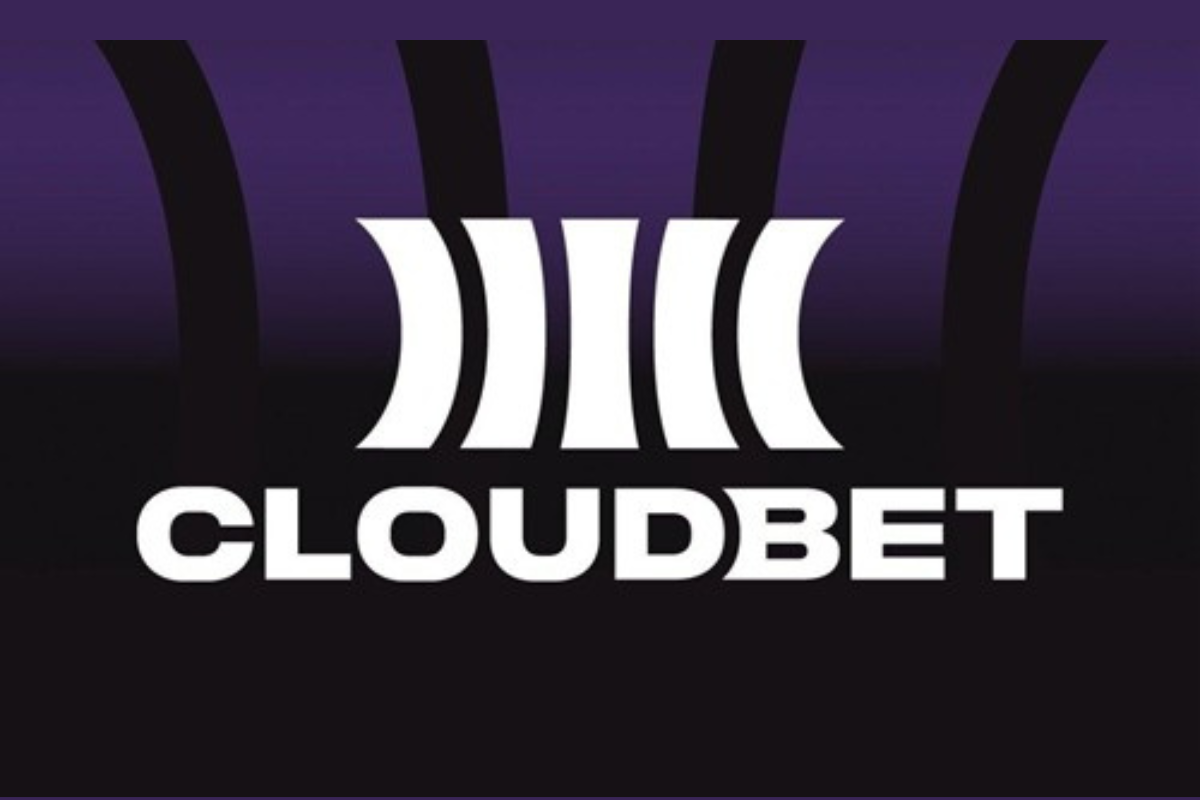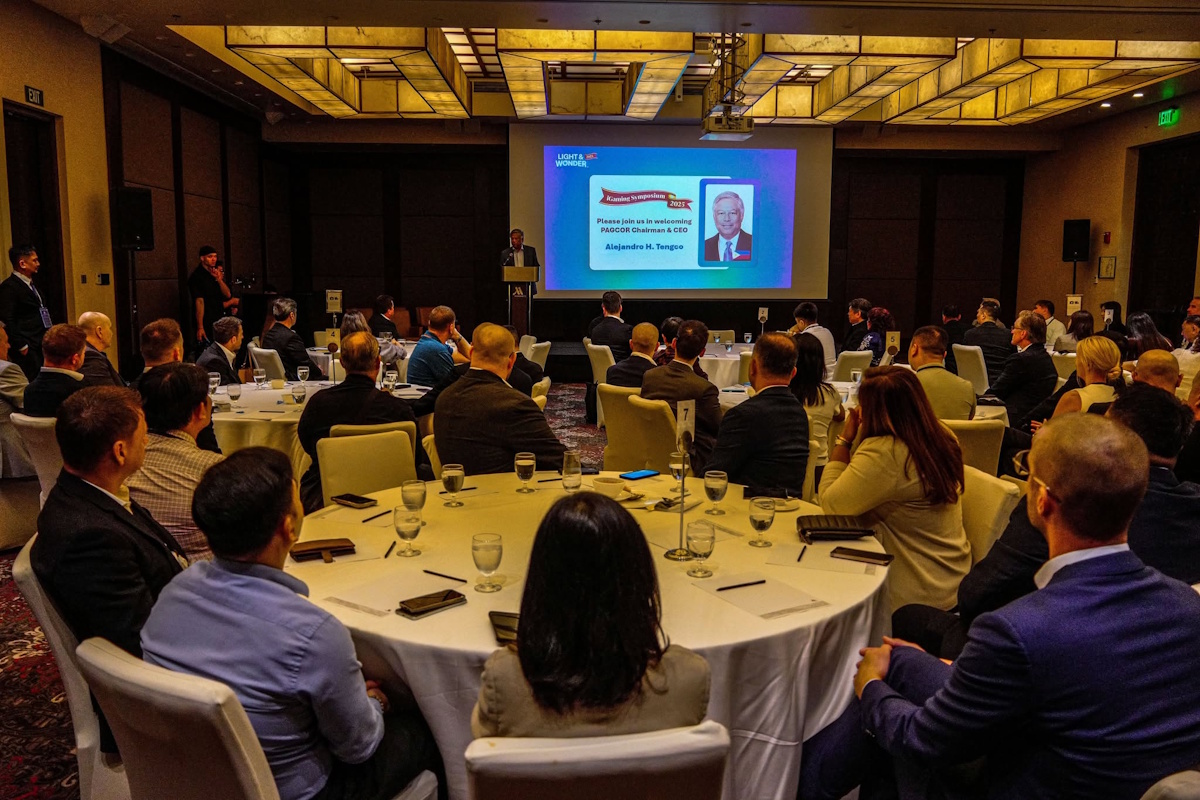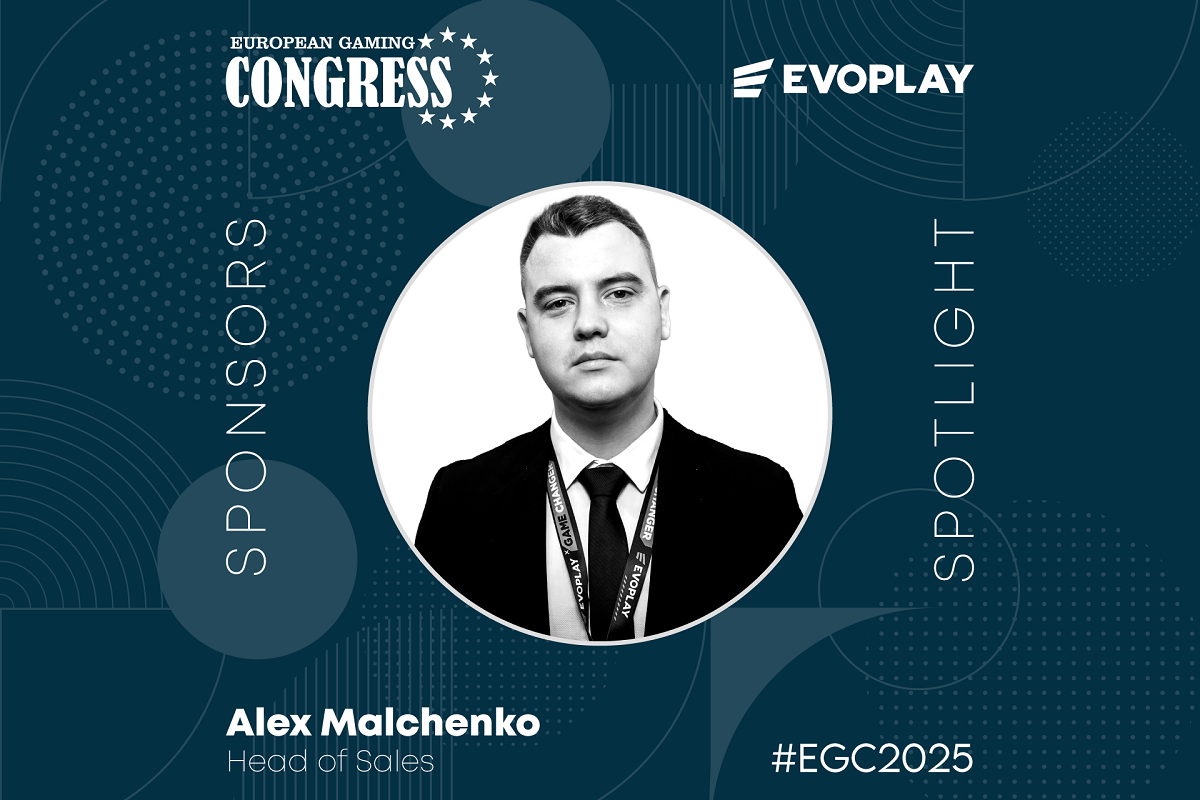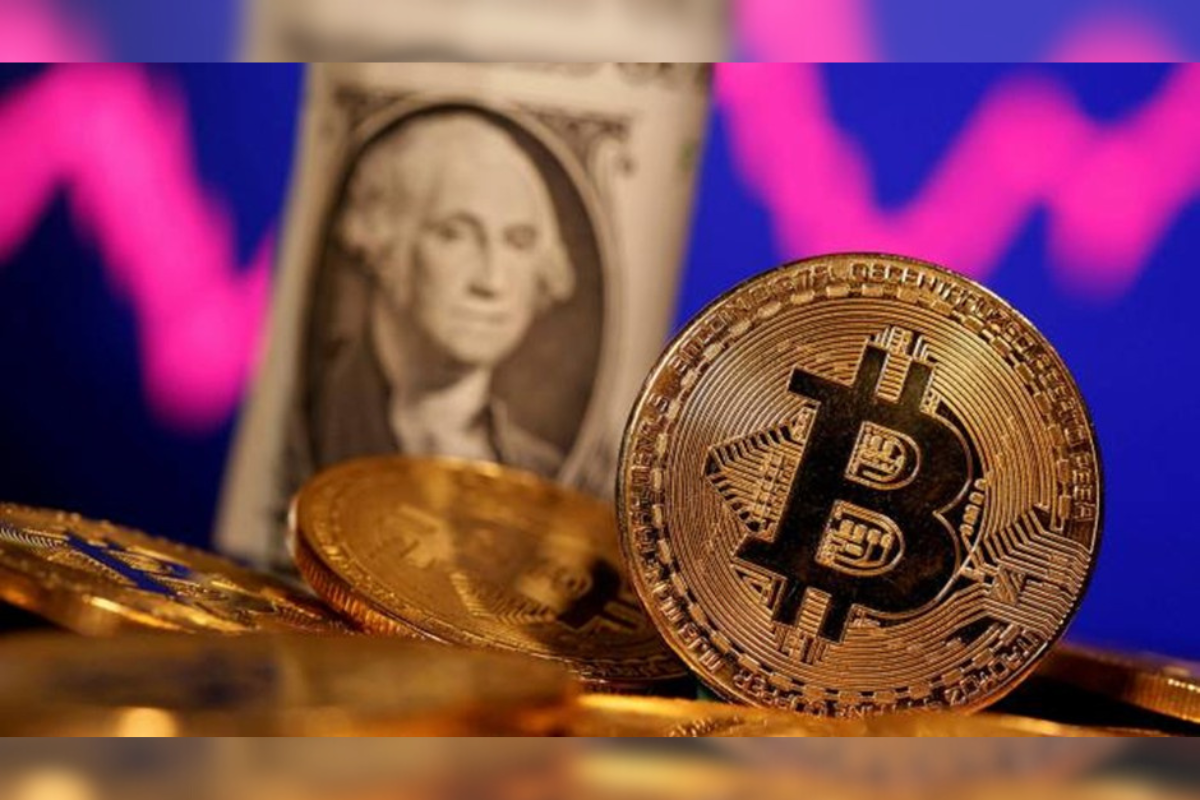Latest News
Emerging Trends and Regulatory Developments Shaping the European Online Gaming and Casino Industry

The European online gaming industry is experiencing rapid change driven by technological innovation and evolving regulation. With a market size exceeding €25 billion in 2024, understanding the latest trends and regulatory shifts is essential for industry stakeholders.
This article explores the current environment, technological advancements, regulatory developments, and responsible gambling initiatives shaping the future of online gaming and casinos across Europe.
Overview of the Current European Gaming Industry
The European online gaming sector is characterized by a diverse and highly regulated environment. Countries such as the United Kingdom, Malta, and Sweden have established comprehensive frameworks governing licensing, player protection, and operator conduct. Elsewhere, varying levels of regulation create a complex situation where operators must navigate different legal requirements.
One noteworthy aspect of the current market is the increased focus on consumer protection, particularly through measures such as deposit limits, self-exclusion programs, and transparent terms related to casino bonuses. These initiatives aim to balance industry growth with player safety, especially as the popularity of online slots and casino games continues to rise.
The industry’s expansion is also reflected in consumer behavior. Recent data shows that nearly 70% of online gamblers in Europe prefer slot games, which are often marketed alongside attractive bonuses and promotions. These incentives, including free spins and deposit matches, are designed to attract new players, but they also raise questions regarding transparency and responsible gambling practices.
Key Technological Innovations Impacting the Industry
Technological advancements are central to the ongoing development of online gaming in Europe. Innovations such as blockchain, artificial intelligence (AI), and mobile-first platforms are transforming how operators deliver their services and how players engage with games.
Blockchain technology, for example, is increasingly used to improve transparency and security, with some platforms offering crypto-based transactions that reduce delays and transaction costs. AI-driven personalization allows operators to tailor game recommendations and promotional offers, including casino bonuses, based on individual player preferences and behaviors. This not only enhances the user experience but also helps operators identify potential signs of problem gambling early.
Mobile gaming continues to dominate, with over 80% of online gambling activity taking place on smartphones and tablets. This shift necessitates seamless, responsive interfaces that cater to on-the-go players. The integration of augmented reality (AR) and virtual reality (VR) also introduces new levels of immersion, creating more engaging gaming environments.
In the context of casino bonuses, technological tools enable more targeted and timely offerings, such as personalized bonus packages or free spins, which can improve player engagement and retention. However, this also underscores the importance of clear communication to ensure players understand the terms and conditions attached to such bonuses.
Regulatory Changes Influencing Market Growth
Regulation remains a defining factor in shaping the European online gaming sector. Over the past year, several countries have introduced or amended laws to address issues such as consumer protection, money laundering, and match-fixing.
One notable development is the European Commission’s renewed focus on harmonizing gambling regulations across member states. While gambling remains a national competence, efforts are underway to establish common standards for licensing and player protection to facilitate cross-border operation and reduce illegal gambling activities.
Additionally, several jurisdictions have tightened requirements for licensing and compliance, emphasizing anti-money laundering (AML) measures and responsible gambling protocols. For instance, recent amendments in the United Kingdom require operators to implement more rigorous identity verification processes and safeguard player funds more effectively.
Regulatory changes also influence how casino bonuses are structured and advertised. Authorities have increased scrutiny on bonus terms to prevent misleading promotions, emphasizing transparency and fairness. Operators are now required to clearly communicate wagering requirements and restrictions, fostering greater trust among players.
The Rise of Responsible Gambling Initiatives
As the industry expands, so does the recognition of the need for responsible gambling initiatives. European regulators and operators are increasingly adopting measures aimed at reducing gambling-related harm.
One key development is the broader implementation of self-exclusion programs, which enable players to voluntarily restrict their access to gambling platforms for specified periods. These programs are often integrated into licensing systems and are supported by data analytics to identify at-risk individuals.
Furthermore, technological innovations facilitate responsible gambling practices through real-time monitoring and behavioral analytics. Operators use AI algorithms to detect patterns indicative of problematic gambling, such as excessive deposit activity or irregular betting hours. When such patterns are identified, players may receive targeted warnings, cooling-off options, or personalized intervention messages.
Educational campaigns and support services have also become integral to industry efforts. Many platforms now prominently display information about responsible gambling and provide links to helplines or counseling services.
The emphasis on responsible gambling is reflected in the evolving regulatory scene. Authorities are increasingly mandating operators to incorporate responsible gaming features into their platforms and to report on their efforts to promote safe gambling behaviors. The goal is to create a safer environment for players while maintaining the integrity of the industry.
Looking Ahead
The European online gaming and casino sector is entering a period of significant change driven by technological advancements and regulatory reforms. As industry players adapt to new standards and innovations, the focus on responsible gambling continues to grow, highlighting the importance of balancing growth with player protection.
With market values surpassing €25 billion, the sector’s future will likely depend on how well stakeholders integrate these emerging trends into their operational models, ensuring sustainable and fair gaming experiences for all participants.
-

 Asia4 days ago
Asia4 days agoDigital gaming disruption tackled in 1st AsPac Regulators’ Forum
-

 Latest News7 days ago
Latest News7 days agoHigh Roller Launches New Online Casino Brand in Finland
-

 Latest News7 days ago
Latest News7 days agoCloudbet maps regional betting trends in August–September 2025
-

 Latest News7 days ago
Latest News7 days agoNetBet Denmark expands its casino library by adding SYNOT Games as a provider
-

 Central Europe7 days ago
Central Europe7 days agoPromatic Games and SYNOT Interactive Announce Strategic Partnership to Strengthen iGaming Expansion in Central and Eastern Europe
-

 Asia6 days ago
Asia6 days agoPAGCOR chief pushes for stricter regulation, not online gaming ban
-

 Conferences in Europe7 days ago
Conferences in Europe7 days agoStrategies that Scale: Evoplay’s Alex Malchenko on Cracking the Code of Localised iGaming Success
-

 Conferences in Europe7 days ago
Conferences in Europe7 days agoNew Gamification Academy at SBC Summit to Present Fresh Approaches to Player Engagement




















